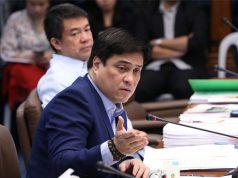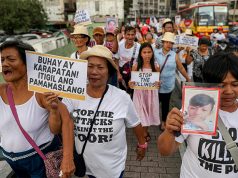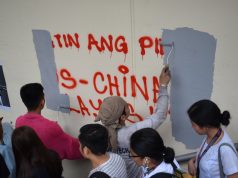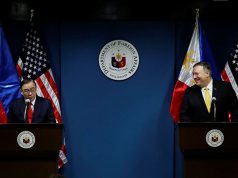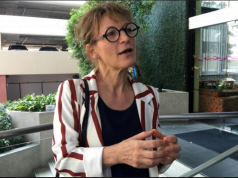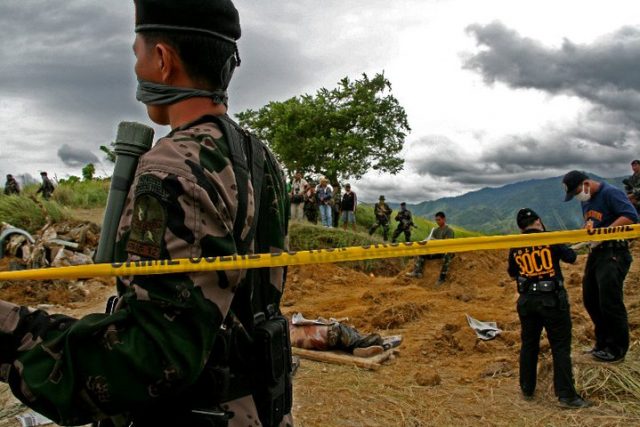
MANILA, Philippines — Human rights experts at the United Nations called attention to a “downward spiral of attacks” on journalists they said has been “spurred on by hate speech even from senior politicians.”
“So far this year, the world has lost more than 30 journalists to targeted attacks. In addition to taking individual lives and depriving family members of their loved ones, these attacks aim to destroy the public watchdog role of journalism that is essential to democratic society,” Special Rapporteurs on arbitrary, summary and extrajudicial executions, Agnes Callamard, and on freedom of expression, David Kaye, said in a statement marking the International Day to End Impunity for Crimes Against Journalists on November 2.
“Our societies cannot afford to continue this downward spiral of attacks against journalists. We urge all States — in word and action — to devote resources to reverse this trend,” they said.
Callamard and Kaye said attacks on journalists “undermine official accountability and help entrench corruption and other abuses of power.”
Worse, “when authorities fail to follow up such attacks with independent and impartial investigations that can bring perpetrators to justice, the killers and their allies achieve their objectives,” they stressed.
In the Philippines, the National Union of Journalists of the Philippines has recorded 178 media killings since 1986, when democracy was supposedly restored following the ouster of the dictator Ferdinand Marcos. These include the November 23, 2009 Ampatuan massacre, which claimed the lives of 58 persons, 32 of them media workers.
But the slightly more than 10 convictions in cases that have reached the courts are all of gunmen, with not a single mastermind. Eight years after the Ampatuan massacre, none of the close to 100 charged for the slaughter is close to conviction and one of the principal accused is out on bail.
Since President Rodrigo Duterte came to power last year, five journalists have been murdered, the latest, Christopher Lozada of Bislig City, Surigao del Sur only last week.
The NUJP has called out Duterte for making the climate more dangerous by openly cursing the media and journalists he does not agree with.
The Committee to Protect Journalists’ 10th Annual Global Impunity Index ranked the Philippines the fifth-worst country with regards to the impunity with which journalists are killed. Last year, it ranked the country fourth.
“The attacks need to stop. So too does the public demonization of reporting and specific media outlets and reporters by political leaders at the highest levels,” said the UN rights experts.
“Whipping up anger and distrust, or redefining journalism as a crime akin to terrorism, are steps on the path to physical attack,” they noted.
They also stressed that “the end of impunity begins with a commitment at the most senior levels to stop the hateful rhetoric, end detentions and prosecutions of journalists, and take steps to bring all attackers to justice.”




